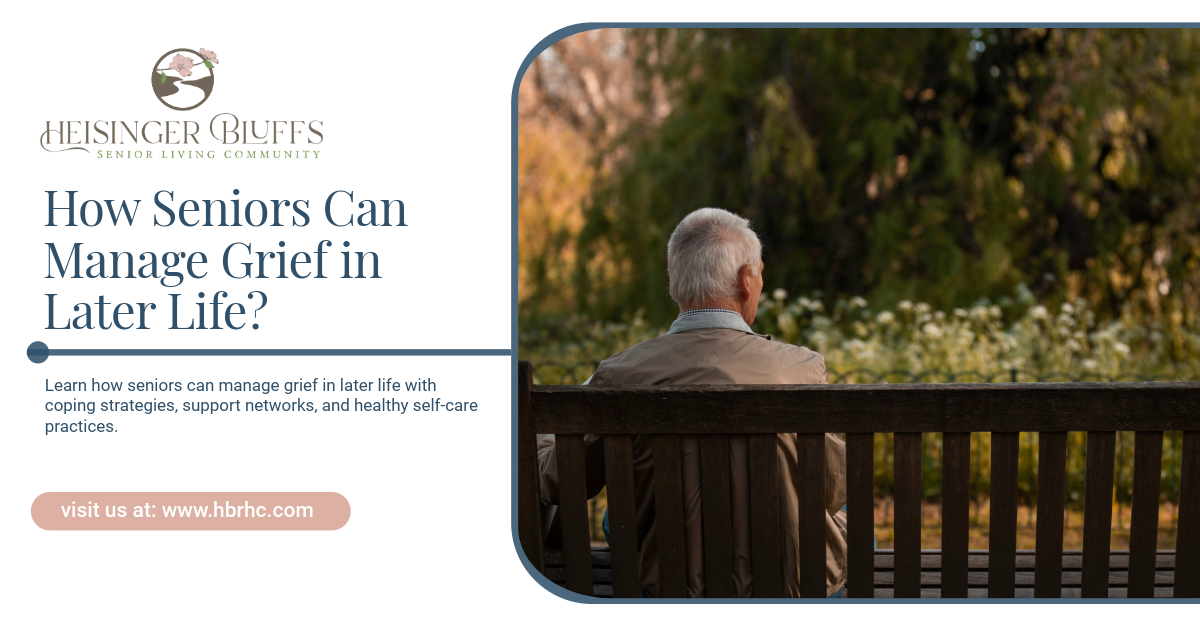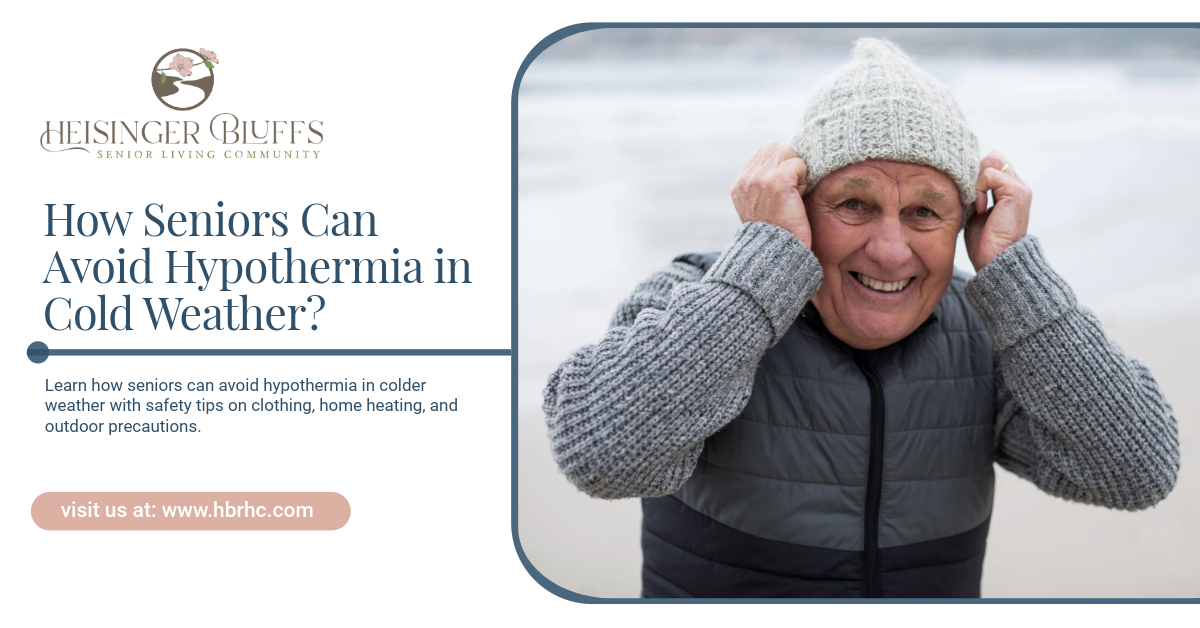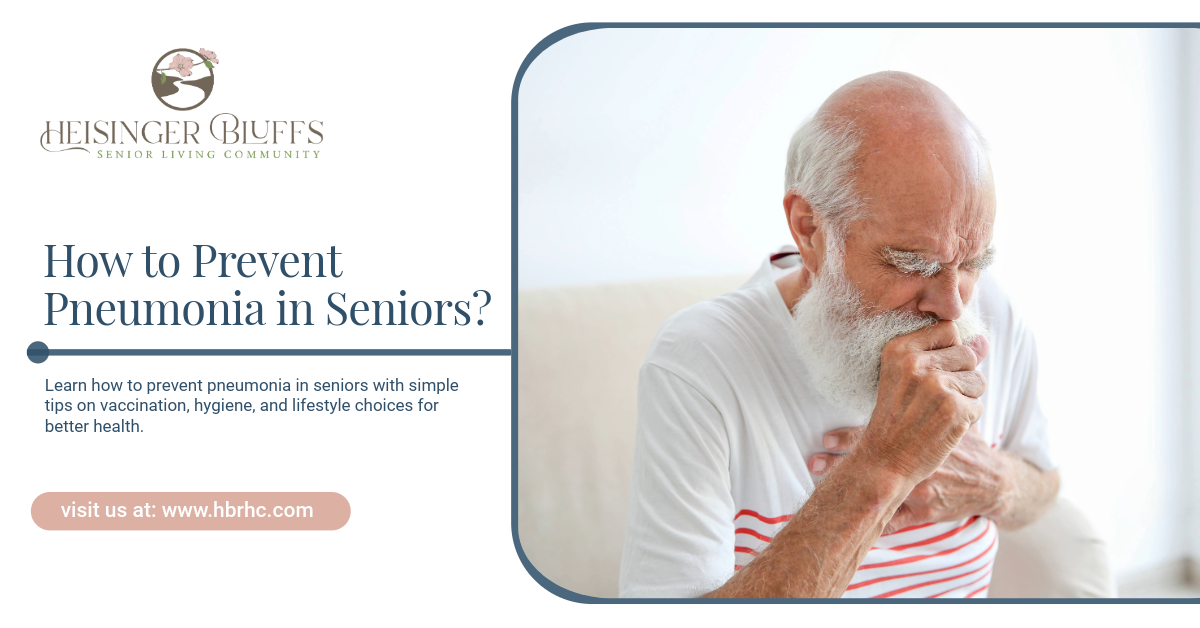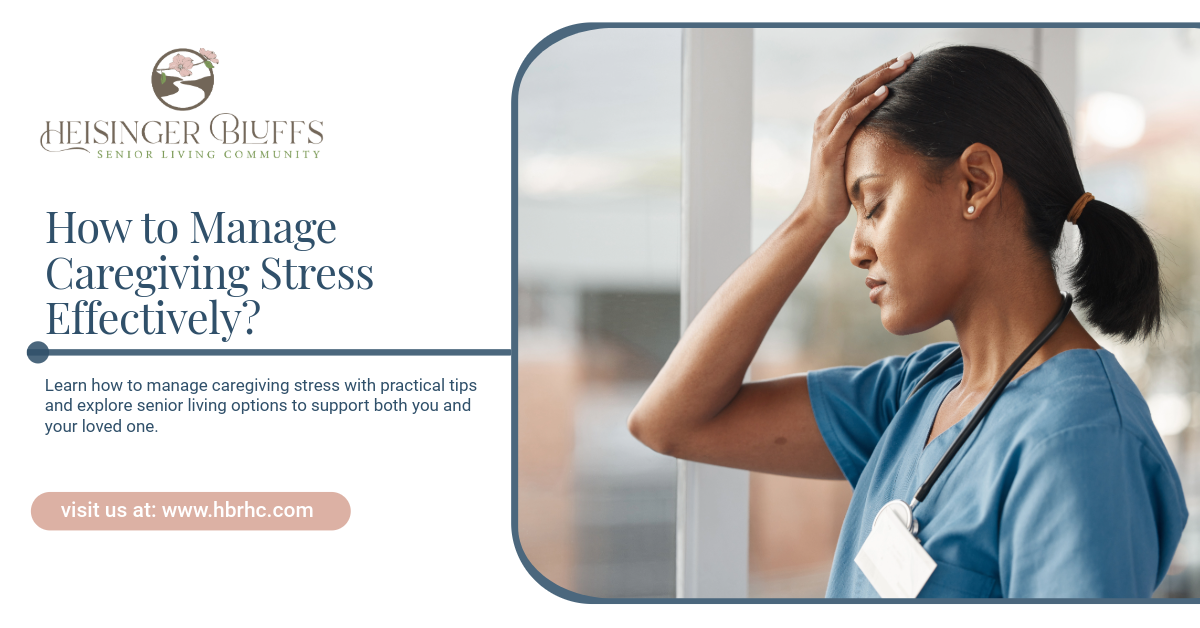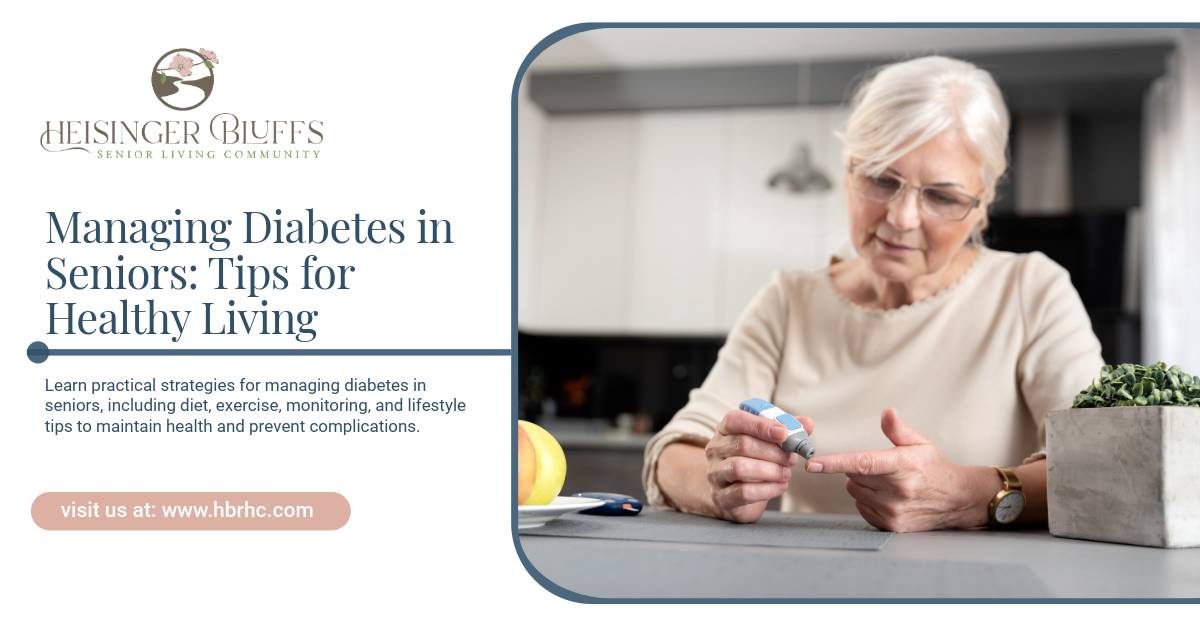Cardiac Rehabilitation: How Skilled Nursing Supports Heart Health Recovery
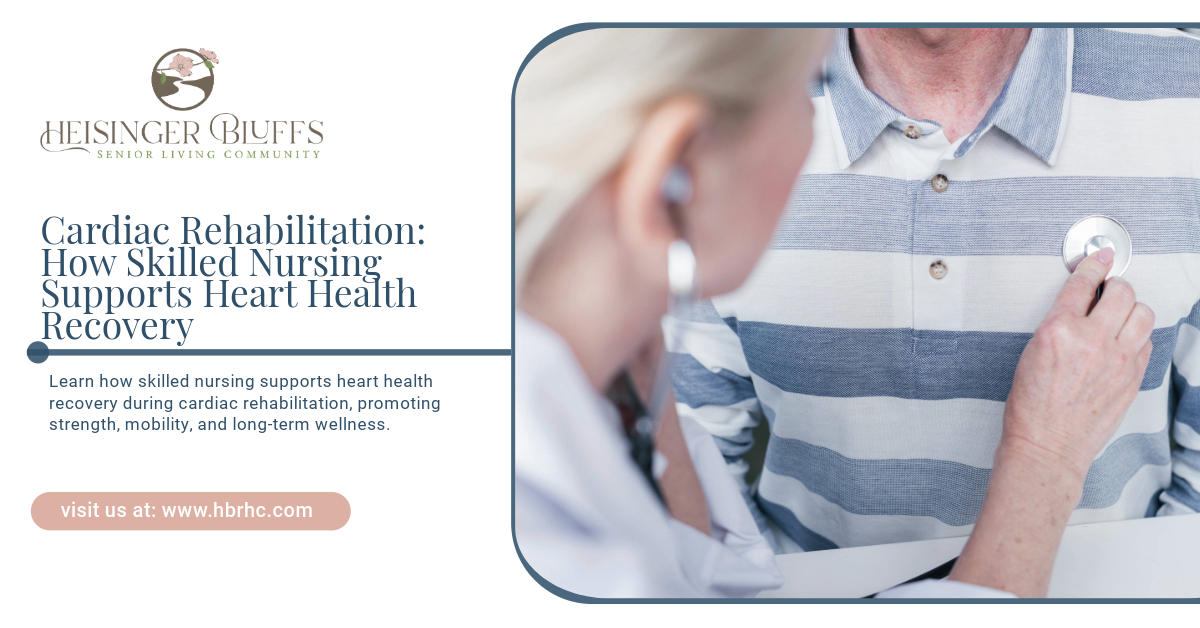
Recovering from a heart condition or cardiac event requires a comprehensive approach that includes medical care, physical therapy, lifestyle modifications, and emotional support. Skilled nursing facilities (SNFs) play a crucial role in cardiac rehabilitation, helping seniors regain strength, mobility, and independence while reducing the risk of future complications.
If you or a loved one is considering cardiac rehabilitation in a skilled nursing setting, understanding the available services and benefits can help you make an informed decision. This guide explores how skilled nursing supports heart health recovery and what to expect during the rehabilitation process.
Understanding Cardiac Rehabilitation
What Is Cardiac Rehabilitation?
Cardiac rehabilitation is a structured program designed to improve cardiovascular health after a heart-related event such as:
- Heart attack
- Heart surgery (bypass, valve replacement, etc.)
- Heart failure
- Angioplasty or stent placement
- Other cardiovascular conditions
This rehabilitation process typically involves:
- Medical supervision to monitor progress and manage symptoms
- Physical therapy to improve strength and endurance
- Nutritional guidance to promote heart-healthy eating
- Lifestyle counseling to prevent further heart problems
Skilled nursing communities provide a safe, supportive environment where seniors can recover at their own pace under the care of medical professionals.
How Skilled Nursing Supports Cardiac Rehabilitation
1. 24/7 Medical Supervision and Monitoring
One of the most critical aspects of recovering from a heart condition is consistent medical monitoring. Skilled nursing facilities have trained professionals who:
- Track vital signs like blood pressure, heart rate, and oxygen levels
- Monitor medications to prevent side effects and ensure proper dosing
- Recognize warning signs of complications and respond promptly
This level of continuous oversight helps reduce hospital readmissions and ensures a safer recovery.
2. Personalized Physical Therapy for Strength and Endurance
Physical activity is essential for rebuilding heart health, but it must be done safely and progressively. Skilled nursing facilities offer personalized physical therapy programs that focus on:
- Improving mobility and balance to reduce fall risks
- Increasing cardiovascular endurance through guided exercises
- Strength training to enhance muscle tone and stamina
- Breathing exercises to support lung function and oxygen circulation
Therapists work closely with residents to develop customized exercise plans based on their medical history, current fitness level, and doctor recommendations.
3. Medication Management for Heart Health
Many seniors recovering from heart conditions require multiple medications, including:
- Blood thinners
- Beta-blockers
- Cholesterol-lowering drugs
- Diuretics
Skilled nursing teams ensure that medications are taken correctly and at the right times to prevent adverse effects and maximize benefits. They also educate residents about their prescriptions, helping them understand how each medication supports their recovery.
4. Nutritional Support for a Heart-Healthy Diet
Diet plays a significant role in heart health. Skilled nursing communities provide:
- Personalized meal plans designed by registered dietitians
- Low-sodium, low-fat options to support heart health
- Education on portion control and balanced nutrition
Heart-healthy meals focus on lean proteins, whole grains, fruits, vegetables, and healthy fats, while limiting processed foods, excessive salt, and unhealthy fats.
5. Emotional and Mental Health Support
A heart condition can impact not only physical health but also emotional well-being. Many seniors experience:
- Anxiety about their health
- Depression or low motivation
- Fear of another cardiac event
Skilled nursing facilities offer counseling services, social activities, and support groups to help residents cope with these emotions and stay motivated throughout their recovery journey.
6. Lifestyle Counseling for Long-Term Heart Health
Recovery doesn’t end when rehabilitation is complete. Skilled nursing facilities provide education and guidance to help seniors maintain a heart-healthy lifestyle, including:
- Smoking cessation programs
- Weight management strategies
- Stress reduction techniques
- Tips for staying active safely
This ongoing support ensures that residents leave rehabilitation with the tools they need to sustain a heart-healthy lifestyle at home.
What to Expect During a Short-Term Cardiac Rehabilitation Stay
If you or a loved one are planning a short-term stay at a skilled nursing facility for cardiac rehabilitation, here’s a general outline of what to expect:
1. Initial Assessment
Upon arrival, medical professionals will:
- Review your medical history and recent heart event
- Conduct a physical evaluation to assess mobility and strength
- Develop a personalized care plan
2. Daily Rehabilitation Activities
Your daily schedule may include:
- Light physical therapy exercises to build strength
- Heart-healthy meals tailored to your needs
- Medication management and monitoring
- Education sessions on maintaining heart health
3. Progress Monitoring and Adjustments
Your care team will continuously monitor your recovery progress, making adjustments as needed to ensure optimal results.
4. Discharge Planning and Home Transition Support
Before leaving, skilled nursing staff will:
- Provide at-home exercise and diet recommendations
- Review medication instructions
- Schedule follow-up appointments with your cardiologist
The Importance of Skilled Nursing in Cardiac Rehabilitation
Skilled nursing facilities provide structured, evidence-based cardiac rehabilitation that helps seniors recover safely and effectively. The combination of medical supervision, physical therapy, dietary guidance, and emotional support ensures a smoother recovery and a lower risk of complications.
If you or a loved one are considering cardiac rehabilitation in a skilled nursing facility, Heisinger Bluffs offers expert care, compassionate support, and a heart-healthy environment to aid recovery. Contact us today to learn more about our rehabilitation programs and how we can support your journey to better heart health.
Frequently Asked Questions
How long does a short-term cardiac rehabilitation stay last?
The length of stay varies depending on the individual's recovery needs. Most programs last between two to six weeks, but the care team will determine the optimal duration based on progress.
Is skilled nursing rehabilitation covered by insurance?
Many insurance plans, including Medicare and private insurance, cover cardiac rehabilitation in skilled nursing facilities. Coverage depends on the individual's medical condition and policy details. It's best to check with your provider for specifics.
Can family members visit during cardiac rehabilitation?
Yes! Most skilled nursing facilities encourage family visits and even involve loved ones in education sessions and discharge planning to support a smooth transition home.
Sources:
- https://www.heart.org/en/health-topics/cardiac-rehab/what-is-cardiac-rehabilitation
- https://www.nhlbi.nih.gov/health/heart/physical-activity/benefits
- https://medlineplus.gov/ency/article/004006.htm
- https://www.mayoclinic.org/diseases-conditions/heart-disease/in-depth/heart-healthy-diet/art-20047702
- https://www.heartandstroke.ca/healthy-living/recipes





